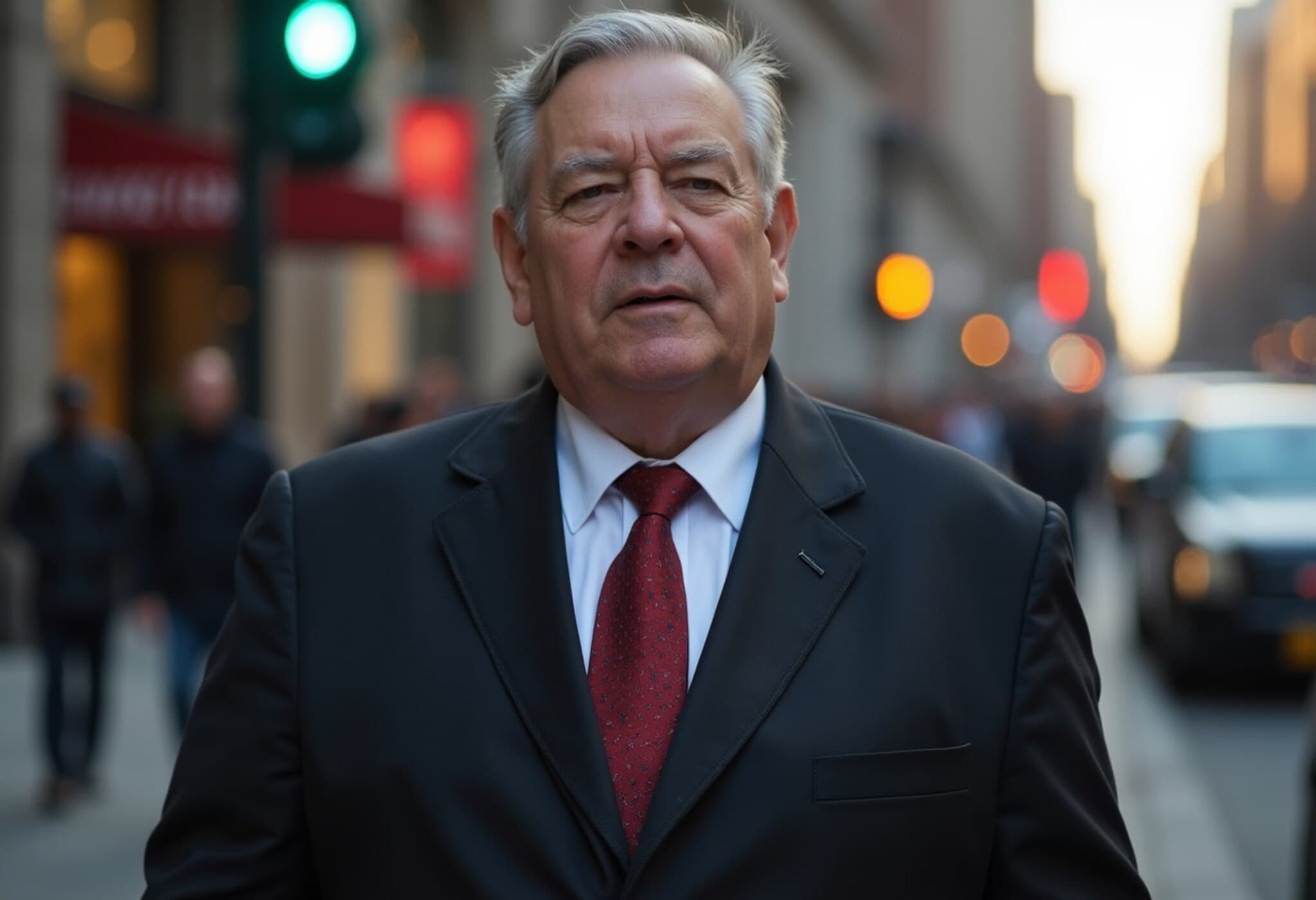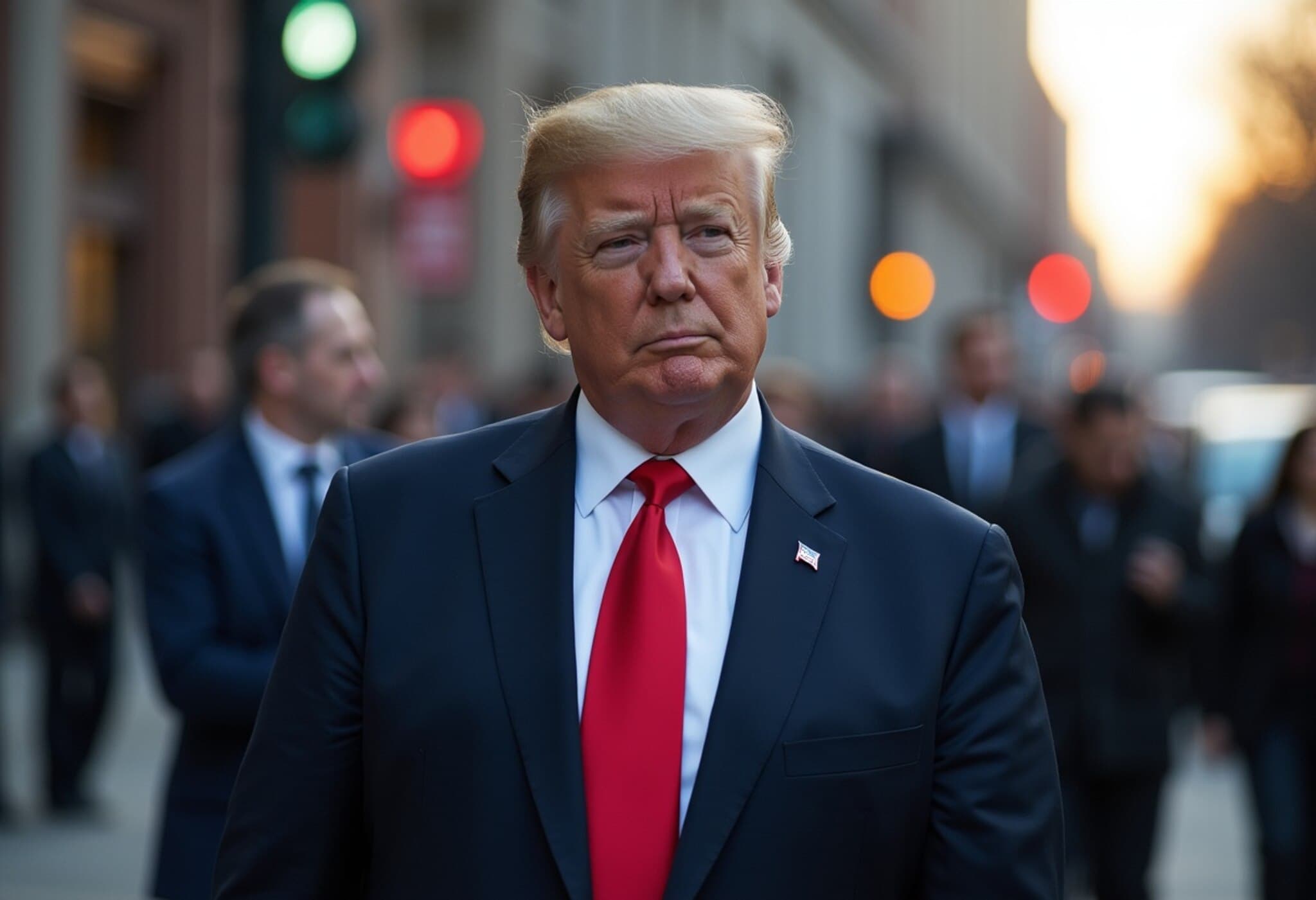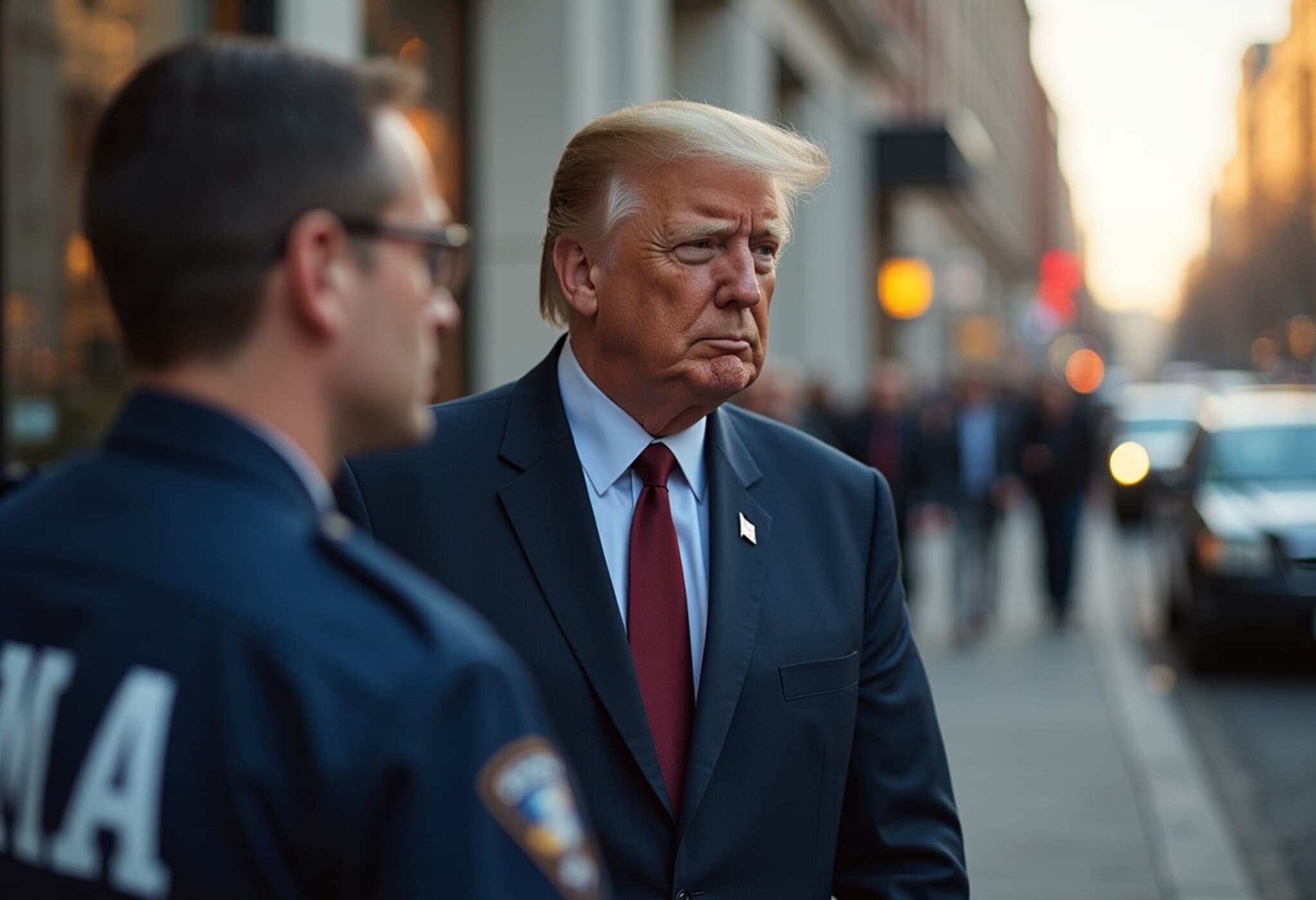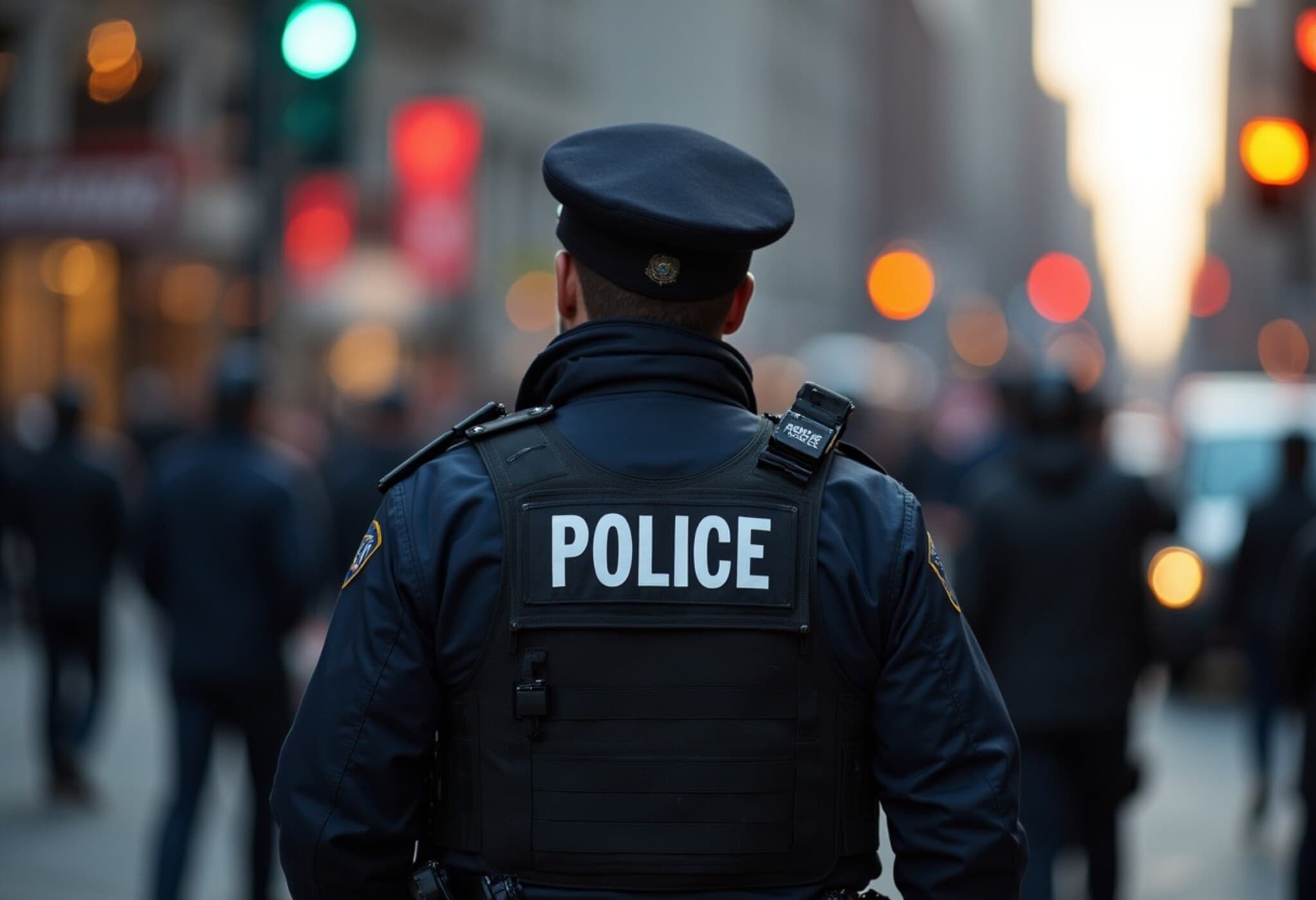Ex-DOJ Lawyer Arrested for Throwing Sandwich at Federal Agent Amid Heightened Security
In a bizarre incident amid heightened federal security operations in Washington DC, Sean Charles Dunn, a former Department of Justice (DOJ) attorney, was arrested for allegedly hurling a Subway sandwich at a federal agent. The July 2025 event sparked renewed attention towards tensions between federal law enforcement and local communities.
Confrontation Details and Arrest
According to court documents reported by reputable outlets including the BBC and The New York Times, Dunn, 37, who previously worked in the DOJ’s Criminal Division, was caught on video aggressively confronting a group of federal agents. Eyewitness footage reveals Dunn repeatedly calling the officers "fascists" and using profanities. He can be seen approaching a Customs and Border Protection (CBP) officer while shouting, “Why are you here? I don’t want you in my city,” before retreating to toss a submarine-style sandwich at the officer’s chest.
Fortunately, the officer was not injured, but the incident quickly escalated when Dunn attempted to flee on foot. Authorities apprehended him shortly after, during which he reportedly confessed to the act, telling investigators, “I did it. I threw a sandwich.”
Legal Proceedings and Charges
Dunn faces federal charges of assaulting a law enforcement officer. Under U.S. law, assaulting a federal officer can result in up to one year in prison, though penalties increase significantly if physical contact or intent to commit an additional felony is proven. Initial local prosecution hesitated, but a federal judge allowed the case to proceed. Currently, Dunn is out on bail pending trial.
Official Reactions Highlight Tensions
The incident comes during a period of intensified federal security deployments in Washington, DC, ordered by then-President Donald Trump. These operations involve National Guard troops and agents from various agencies, including FBI, US Marshals, ATF, DHS, and Secret Service, as part of a broader crackdown on urban crime.
US Attorney General Pam Bondi swiftly responded on social media, underlining that Dunn was “NO LONGER” a DOJ employee and emphasizing the seriousness of assaulting law enforcement officers. Bondi characterized Dunn as emblematic of what she described as the "Deep State" opposition to the administration's law enforcement efforts over several months.
Jeanine Pirro, US Attorney for Washington DC, also voiced a pointed response via social media and online video, sarcastically referencing the subway sandwich and stressing the felony charges: “He thought it was funny. Well, he doesn’t think it’s funny today, because we charged him with a felony. So there, stick your Subway sandwich somewhere else.”
Contextualizing the Incident
This incident is more than a quirky headline about a sandwich assault. It underscores the deep divides and heightened tensions between federal authorities and certain segments of the population in major U.S. cities. President Trump’s aggressive approach, involving federal intervention in local law enforcement matters, sparked intense debate about federal overreach, civil liberties, and urban governance.
From a legal perspective, while throwing any object at a federal agent — even a sandwich — constitutes assault, the broader implications relate to the adversarial atmosphere on the streets and how quickly protests or confrontations can spiral. The use of petulant humor or symbolic acts like throwing food at officials reflects mounting frustrations but also raises questions about appropriate channels for dissent.
Expert Insight: The Legal and Political Fallout
- Legal experts note that prosecuting such incidents as felonies aims to establish clear boundaries regarding respect for law enforcement roles, especially when federal agents are involved.
- Policy analysts caution that escalating federal interventions can unintentionally exacerbate tensions, potentially transforming everyday incidents into flashpoints of political conflict.
- Community leaders have called for dialogue and de-escalation strategies, arguing that aggressive law enforcement without addressing underlying social issues is unlikely to restore trust.
Looking Ahead
As this unusual case moves through the legal system, it serves as a vivid example of the cultural and political frictions defining America’s urban landscape in the 2020s. How the DOJ and federal judiciary balance enforcement with civil liberties in similar contexts will be closely watched by legal observers and community advocates alike.
Editor’s Note
This incident, while seemingly humorous at face value, reveals complex tensions coursing beneath the surface of contemporary American law enforcement and political dynamics. It invites reflection on the strained relationships between federal agents and citizens, especially in cities grappling with federal interventions. Does criminalizing symbolic acts of dissent, like tossing a sandwich, risk inflaming broader societal divides? Or is stringent enforcement necessary to uphold respect for rule of law? Readers are encouraged to consider these questions as the story unfolds.











